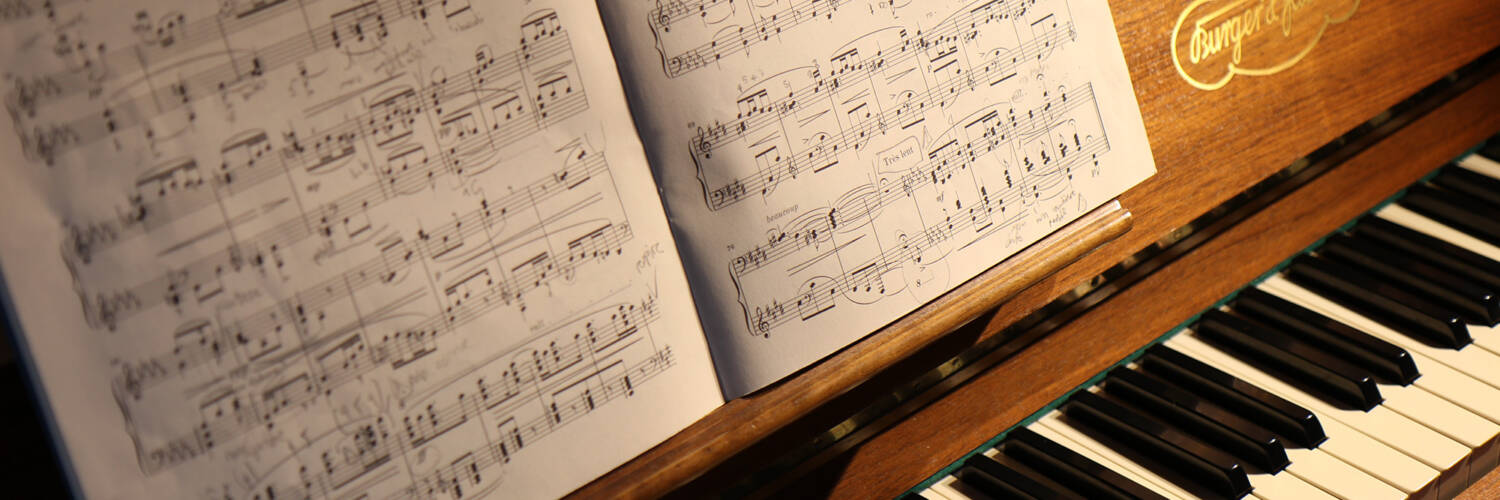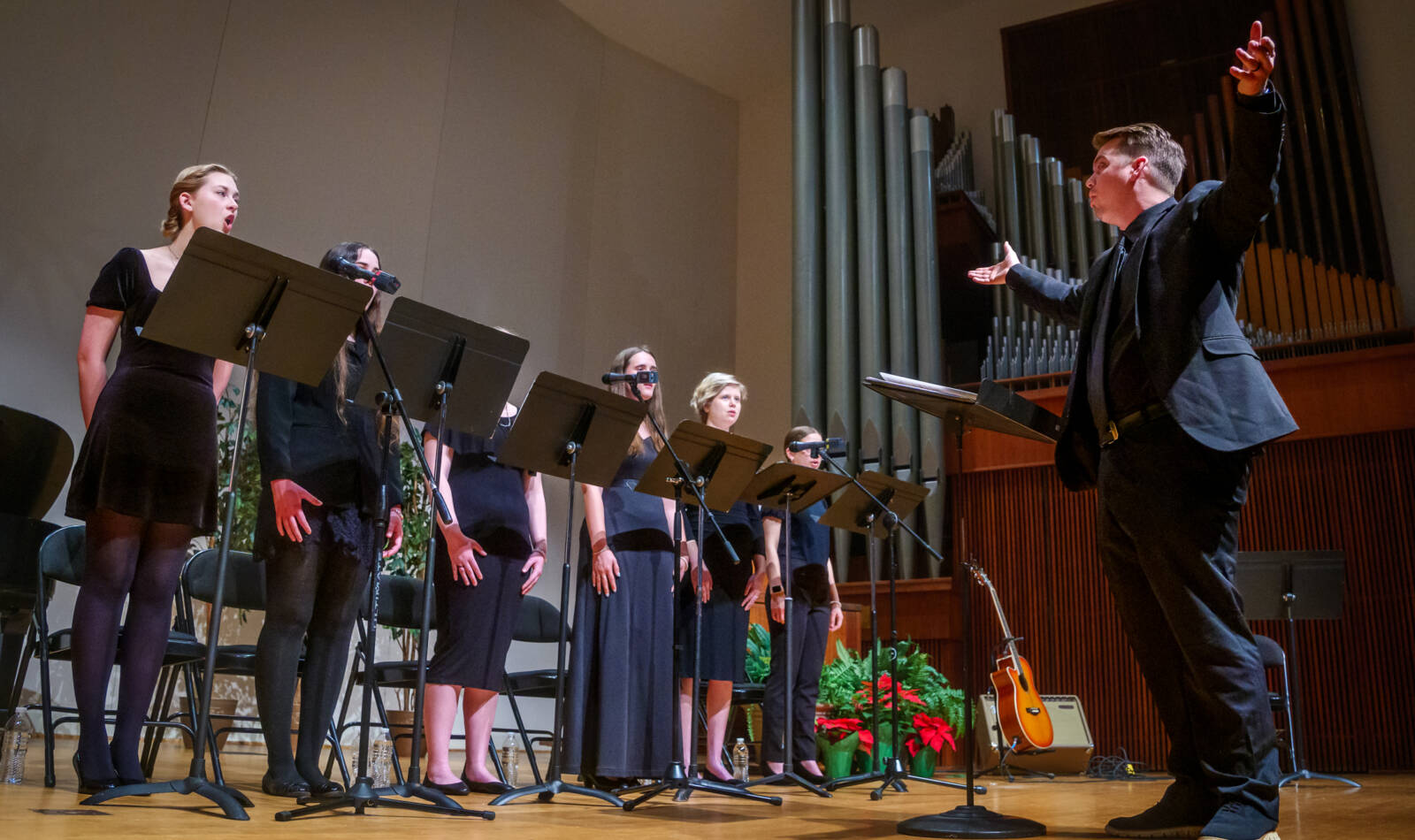
Master of Music and Graduate Certificate in Injury-Preventive Keyboard
Salem College’s Master of Music is unique in the United States. Not only does the Salem program enhance students’ performance artistry and increase their pedagogical skills but also helps them to regain or lengthen their careers through an emphasis on injury-preventive keyboard technique. This emphasis was created in response to a high rate of playing-related injuries among pianists and organists worldwide, which often jeopardized their futures in music. Graduate students may also study injury-preventive keyboard technique as a stand-alone certificate that is offered in-person and online. The Master of Music program is open to qualified pianists and organists who would like to further their professional development.




